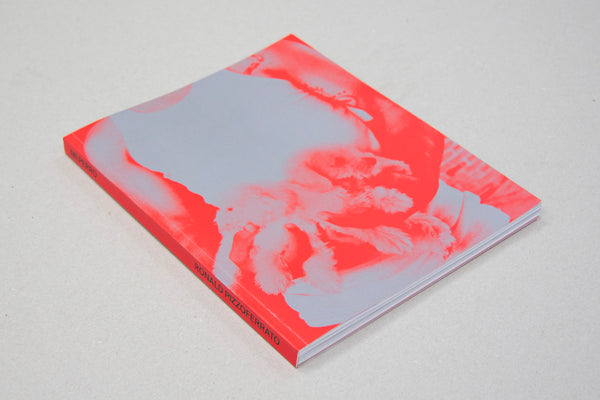
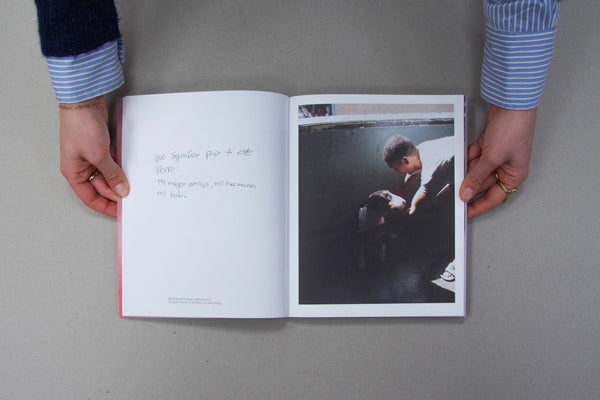
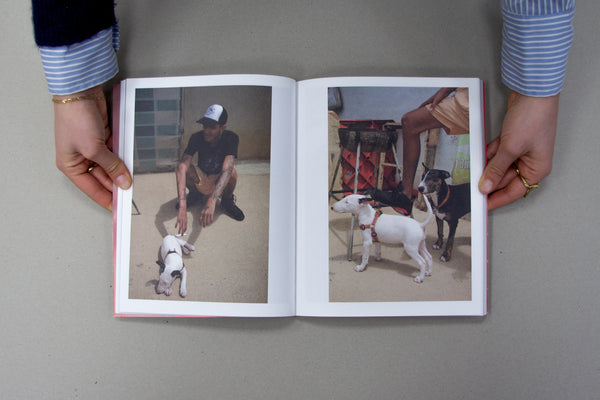
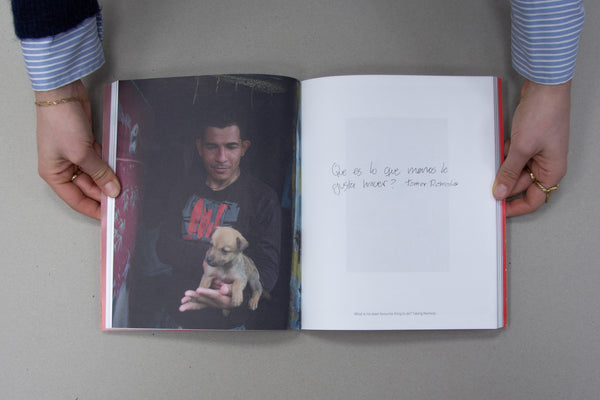
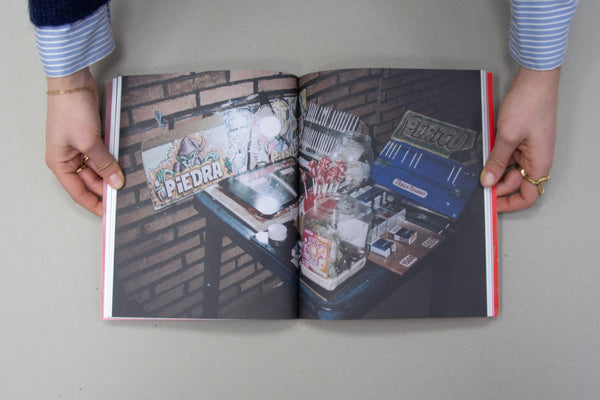
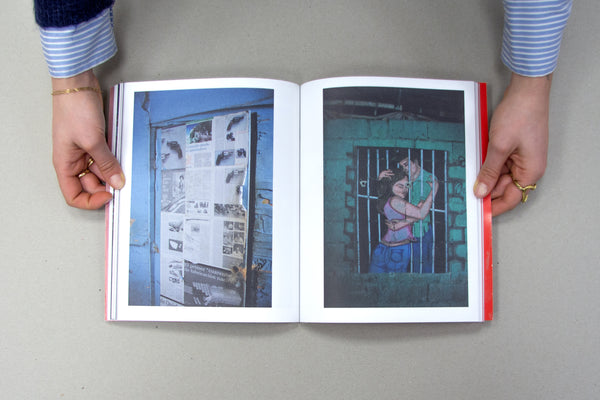
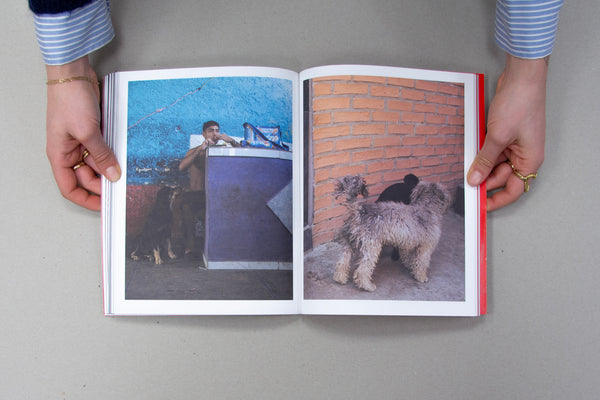
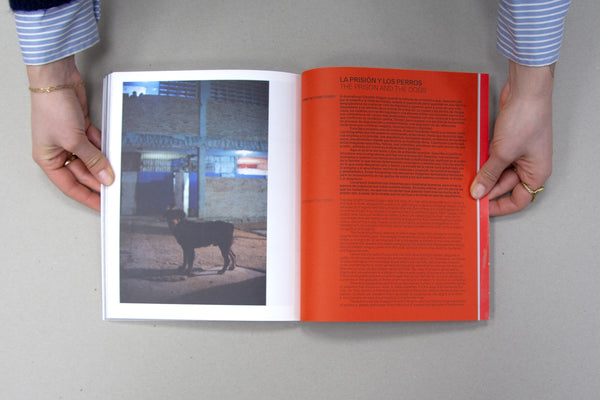
Ronald Pizzoferrato
Mi Perro
Artphilein Editions, Lugano — 2023
The theme of prison has a stigma, although in theory the prison is to educate men and help them to reintegrate into society, when we refer to prisons in Latin America is another story. Between organized crime, ways of surviving and shady business, the internal realities of prison are many and to deny it or put it aside would be to ignore a large part of the problem.
But how does the soul survive? While the central problem is bigger, many times, among the precariousness, hunger and discomfort, the light peeks out in the most humble and noblest way.
Venezuela, a country with an economic, political and social crisis of more than 20 years, is not avant-garde in penitentiary issues and although the internal relationships formed between convicts and dogs, is nothing new when compared to programs in other countries, here the innovative thing is that no one asked the prisoner to take care of a dog, when taking care of his person in a Venezuelan prison is an «extreme sport».
Prisons in Latin America tend to be marked by a violent environment and living conditions most of the time precarious, on this occasion that is not the theme, what is sought is to be observed as in an adverse situation that perhaps and logically, should not give room for the rescue of another, just there, one of the noblest human expressions, which is to watch over another living being, and this is mani- fested in a natural way, as if among so much struggle, the soul also seeks its food.
Through this visual research it is observed that the rescue of that humanity is much deeper, one of the reasons could be because that other being is not even of the same species and many times all that empathy that is lost between people, happens to be reflected and be alive in ensuring the welfare of the other, in this case, the dog, who is the protagonist of that work that reunites us as humans.
But if the dog, as a companion, has food and care, what does it offer to the prisoner, who promotes the guarantee of his life? This question in a context, far from the family, from people and things that evoke the home, even the differences, brings us closer to see our own similarities and sometimes, also, our shortcomings, reflected in a four legged being that accepts us, makes us feel useful and why not? It also gives us love, and aren’t all these things that remind us of home? If so, then this research seeks to reflect that feeling of belonging that the dog gives back in that relationship.
In this journey through different penitentiary enclosures, there are many points in common with this type of relationship, one of the most impressive and at the same time the most human is to see how we take refuge and in a certain way we give ourselves a chance before the one who does not judge us, but needs us.
Many times, to mean something to the life of another is the opportunity that saves us.
Ronald Pizzoferrato


